By Yvette Brazier for Medical News Today
Do Cranberries Help Urinary Tract Infections?
A urinary tract infection (UTI) can affect any part of the urinary system, kidneys, bladder or urethra.
More than 3 million Americans, mostly women, experience a UTI every year.
Symptoms include frequent, painful urination, pelvic pain and traces blood in the urine. The infection does not normally last long, and most patients self-diagnose.
For many, the first port of call is a box of cranberry juice. However, new research suggests that while cranberry capsules can help, cranberry juice may be little more than a panacea.
Dr. Timothy Boone, PhD, vice dean of the Texas A&M Health Science Center College of Medicine in Houston, and colleagues wanted to know if cranberries can really help.
Cranberry capsules reduce the prevalence of UTI
The team studied 160 patients aged 23-88 years who were undergoing elective gynecological surgery between 2011-2013. Normally, 10-64% of women undergoing this kind of surgery will develop a UTI following the removal of the catheter.
Half of the patients received two cranberry juice capsules twice daily – the equivalent in strength to two 8-ounce servings of cranberry juice – for 6 weeks after surgery. The others took a placebo.
Cranberry capsules lowered the risk of UTIs by 50%. In the cranberry treatment group, 19% of patients developed a UTI, compared with 38% of the placebo group.
So, how does it work? For a UTI to occur, bacteria must adhere to and invade the lining of the bladder. Cranberries contain A-type proanthocyanidins (PACs), which interfere with the bacteria’s ability to the bladder wall, reducing the likelihood of infection.
Cranberry juice will not do the trick
However, the researchers point out that since a cranberry capsule provides the equivalent of 8 ounces of cranberry juice, a patient would need a lot of pure cranberry to prevent an infection.
Read the Full Article on Medical News Today.






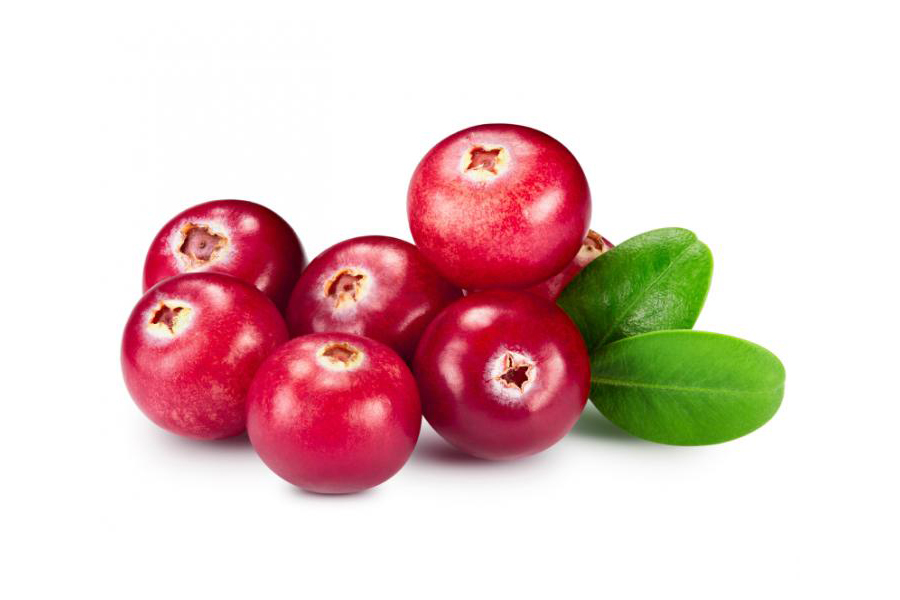



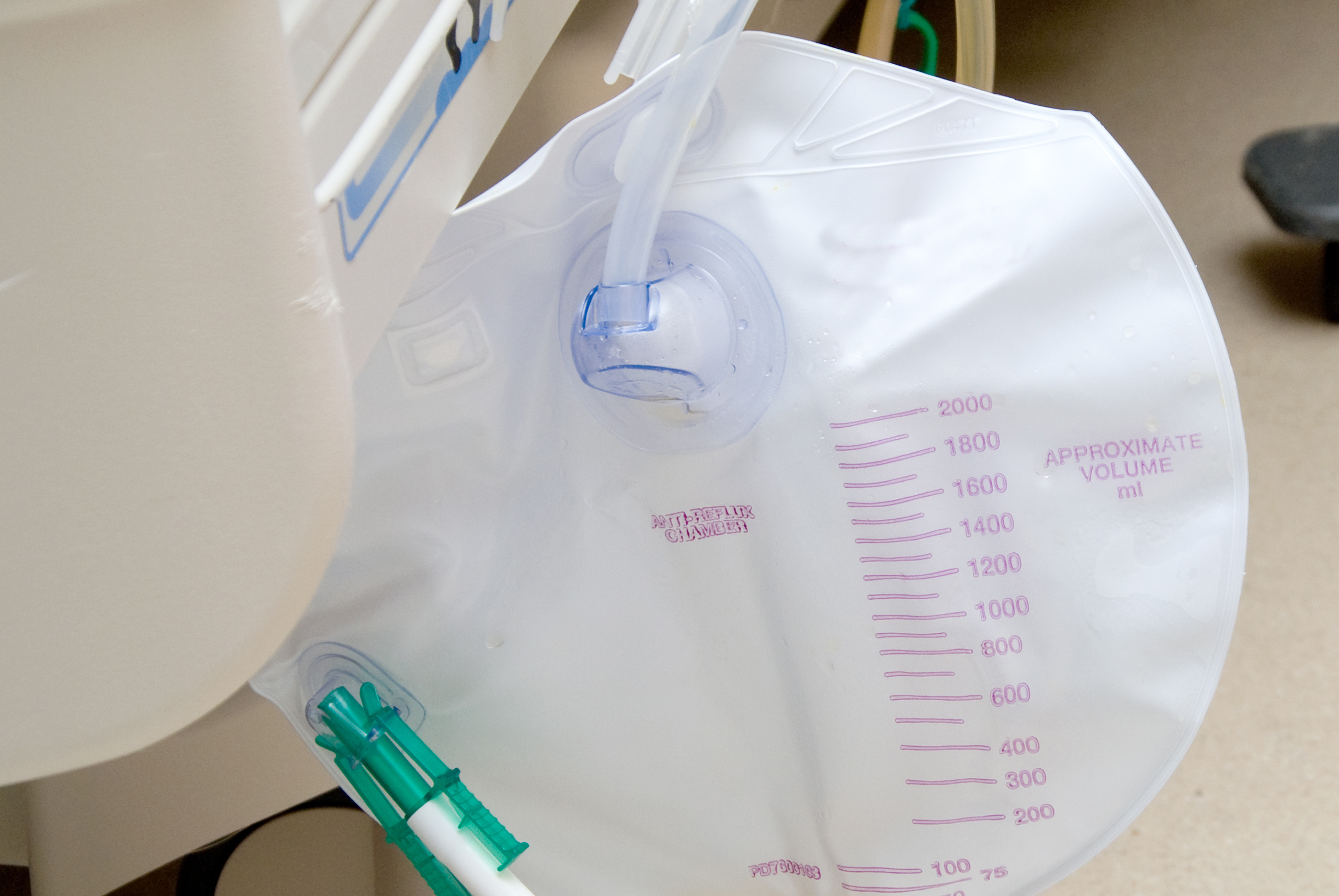
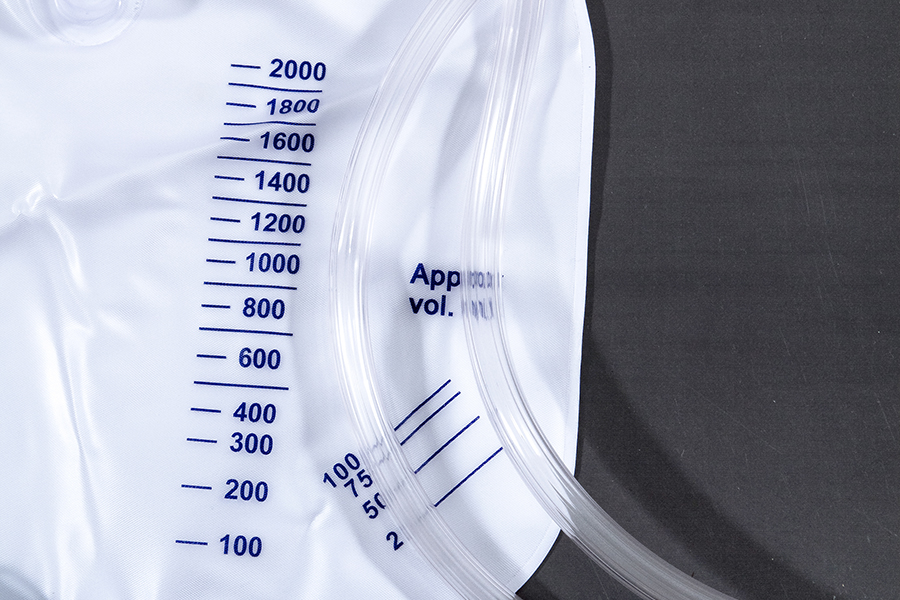
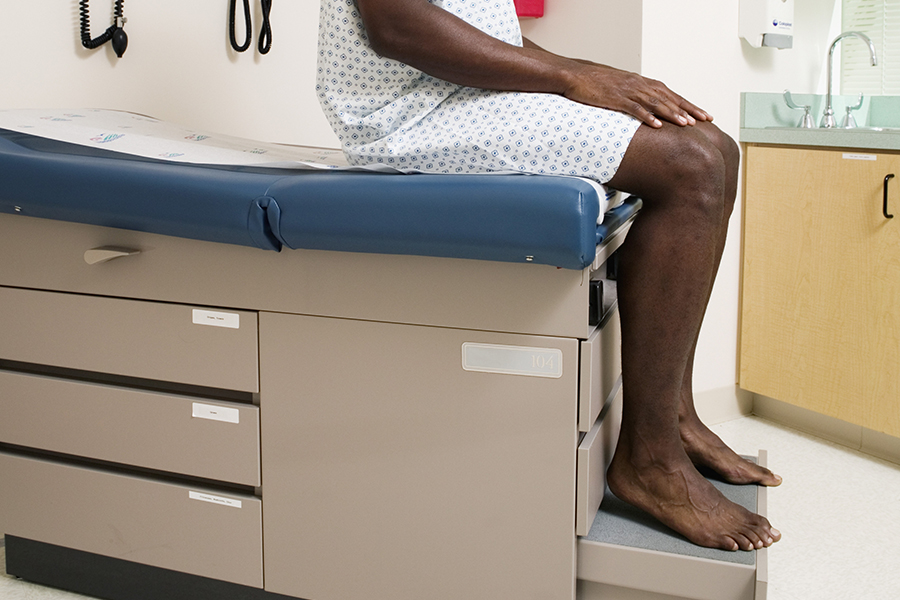

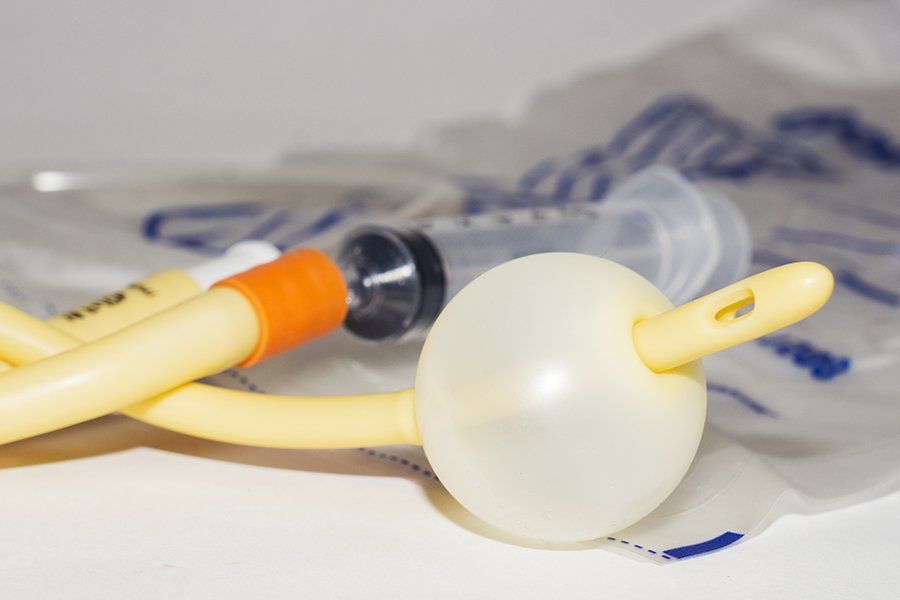
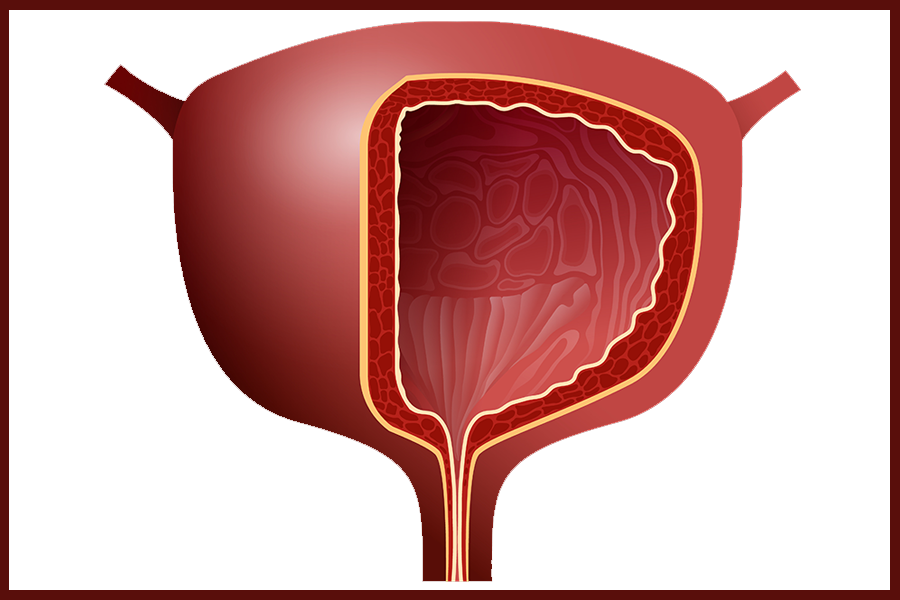

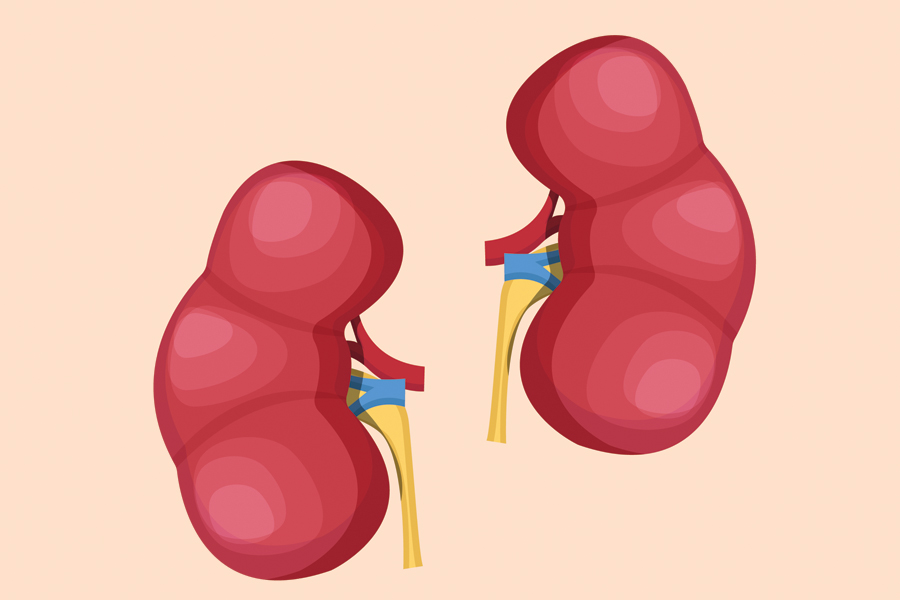
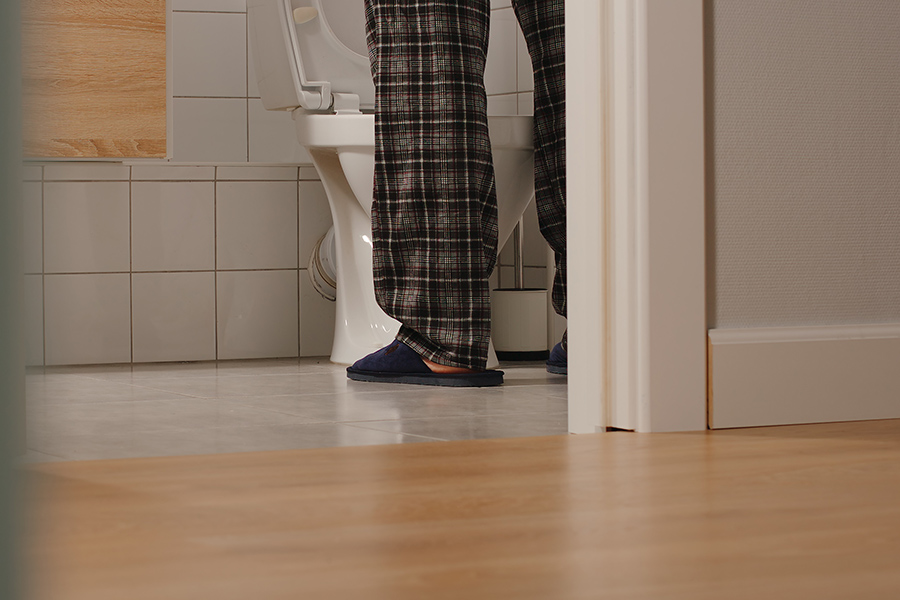
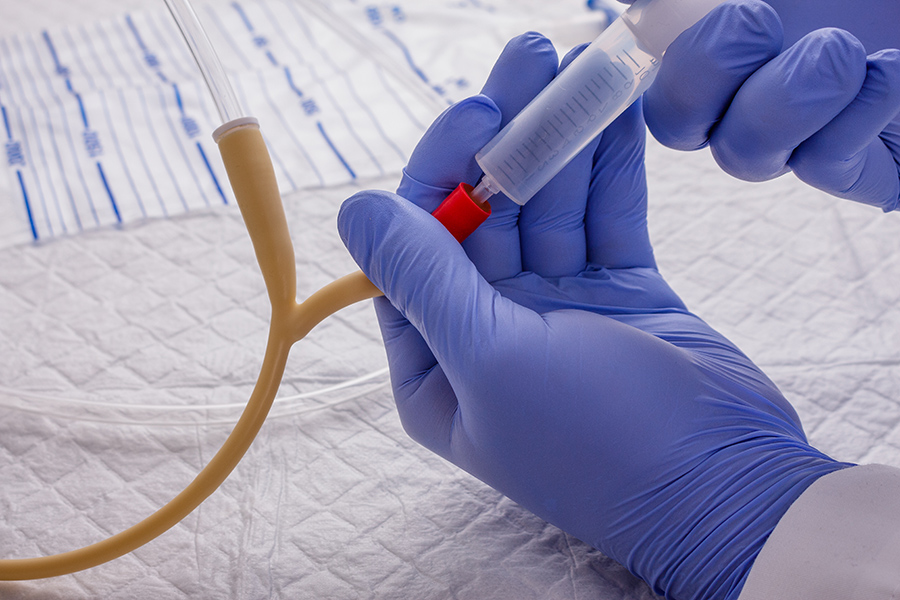

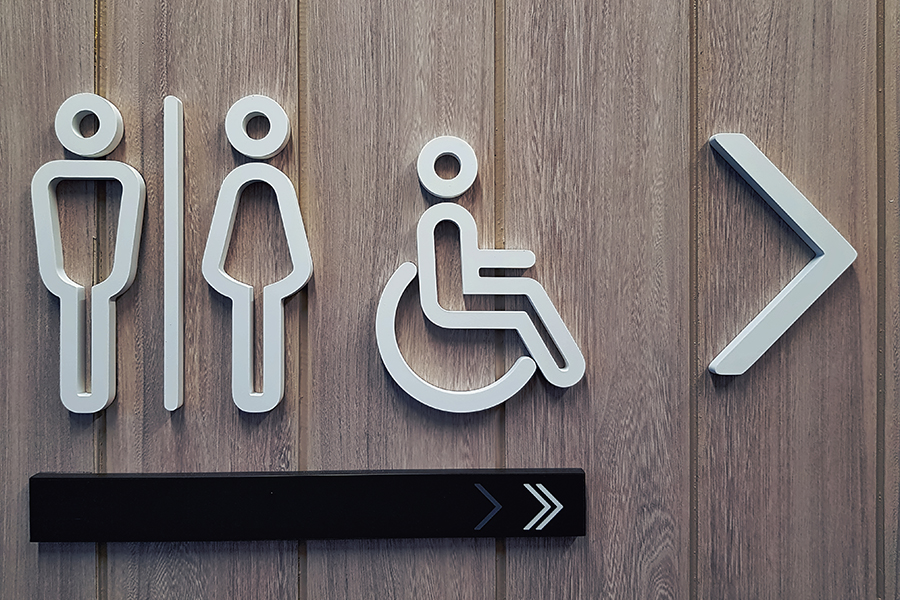
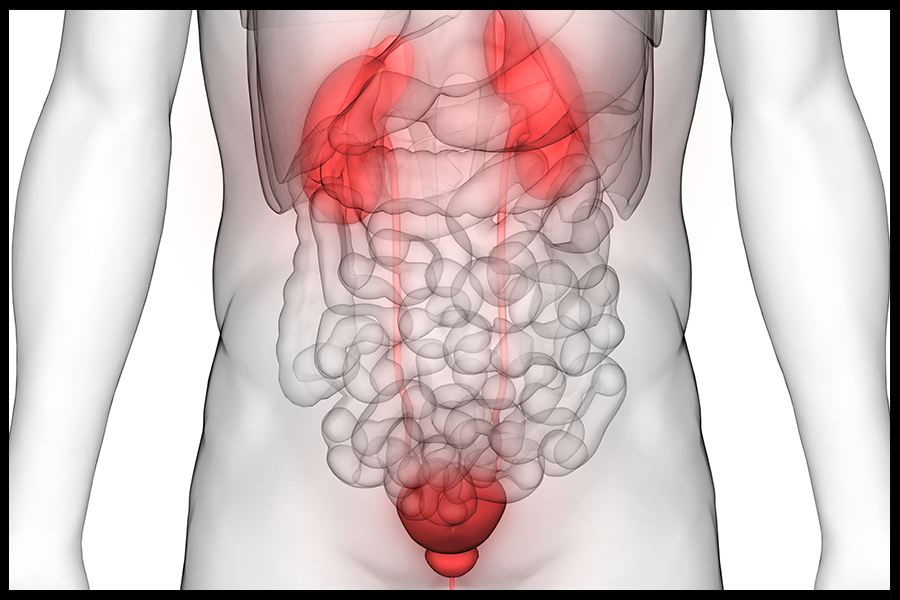
As a research scientist at the Marucci Blueberry and Cranberry Research Center at Rutgers University in New Jersey, I am pleased to provide a comment about cranberries and urinary tract health. You are correct when you state that cranberry does not treat UTIs. In fact, the clinicals show that cranberry consumption can prevent recurrence of UTI, but not treat the infections. However, cranberry may become a very important choice for UTI prevention, as many of the antibiotics used to treat infections are becoming much less effective due to bacterial resistance. It is better to prevent infections with a natural alternative such as cranberry and reduce the ultimate need for antibiotics, preserving them for when they are really needed.
In 1998, my lab published our discovery in The New England Journal of Medicine that proanthocyanidins (PACs) are active components in cranberries that prevent certain uropathogenic E. coli from adhering to bladder cells. Since that time, we have published a number of studies on these compounds, including structural characterization, levels in cranberry products, and dose-response for anti-adhesion activity in the urine following consumption of cranberry. Cranberry juice cocktail drinks sold to consumers are normally formulated to contain about 27% cranberry juice. There are, in fact, PACs in cranberry juice, about 36 mg in a 10-ounce glass of cranberry juice drink. And this is the amount that has been shown to be effective in clinical trials. The study you cite in the American Journal of Obstetrics and Gynecology utilized the equivalent of 2 glasses of cranberry juice, however it is very likely that this was 27% juice drink. This was the only dosage that was tested, so it may be that lower doses of cranberry could have been efficacious as well.
The PACs are present in both juice and dried supplements (and even in the dried cranberries), with target dosages at one or two servings per day of the products. The PACs survive the cooking process so sauces also have bioactive PACs. Products containing juice or juice-based supplements with about 36 mg of PACs have elicited bacterial anti-adhesion activity in urine. The encapsulated supplements that are made from juice can be more expensive but appear to work faster than the ones made from the cranberry skins (which are generally cheaper).
Three recent UTI clinical studies indicated significant benefits of cranberry consumption in children, with the participants experiencing as much as a 65% reduction in UTIs and subsequent use of antibiotics. In the July 9, 2012 publication of the Archives of Internal Medicine, scientists reviewed thirteen cranberry and urinary tract health trials with 1,616 subjects and concluded that cranberry-containing products are associated with protective effects against UTIs. In addition, the Journal of Infection and Chemotherapy published a randomized clinical trial involving female patients with UTIs suffering from multiple relapses and the impact of cranberry juice. The results showed that cranberry juice prevented the recurrence of UTIs in a subgroup of this female population with 24-week intake of the beverage. This is another indication of the positive attributes of cranberries with respect to the urinary tract health. For more information, there is a review in cranberry which explains the UTI results and also highlights the additional health benefits of cranberry including reducing risk factors for heart disease: http://advances.nutrition.org/content/4/6/618.full.pdf+html.
I’ve had SCI for 36 years and have had countless UTI’s with kidney infections. A few years ago, my gynecologist recommended a super-duper cranberry supplement called Ellura that has improved my life dramatically. I took 2 every evening for a few years, and now one each evening seems to be working great 🙂 These supplements aren’t cheap, but it’s so much better than UTI’s/kidney infections. Also, Medicare now covers 8 catheters/day because studies have shown that reused catheters can retain bacteria — insist on being prescribed this amount. Wishing you All good health despite our challenges, Jill. Here’s the link:
myellura.com
If you get UTIs, the Lady Soma Cranberry Concentrate is a godsend! Take as soon as you feel one coming on and keep taking 3x/day, wait 45 mins, then drink a ton of water, and you should be UTI free without needing antibiotics. Obviously, your mileage may vary and this is not a doctor’s advice, but it has worked for me and saved me tons of money in copays and antibiotic prescriptions. Great to have on hand for those of us who are UTI prone.
So after using cranberry capsule the UTI will finally stoped.